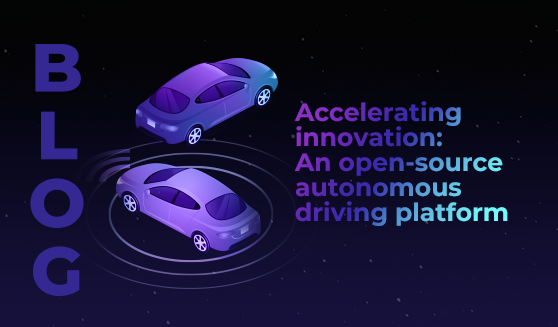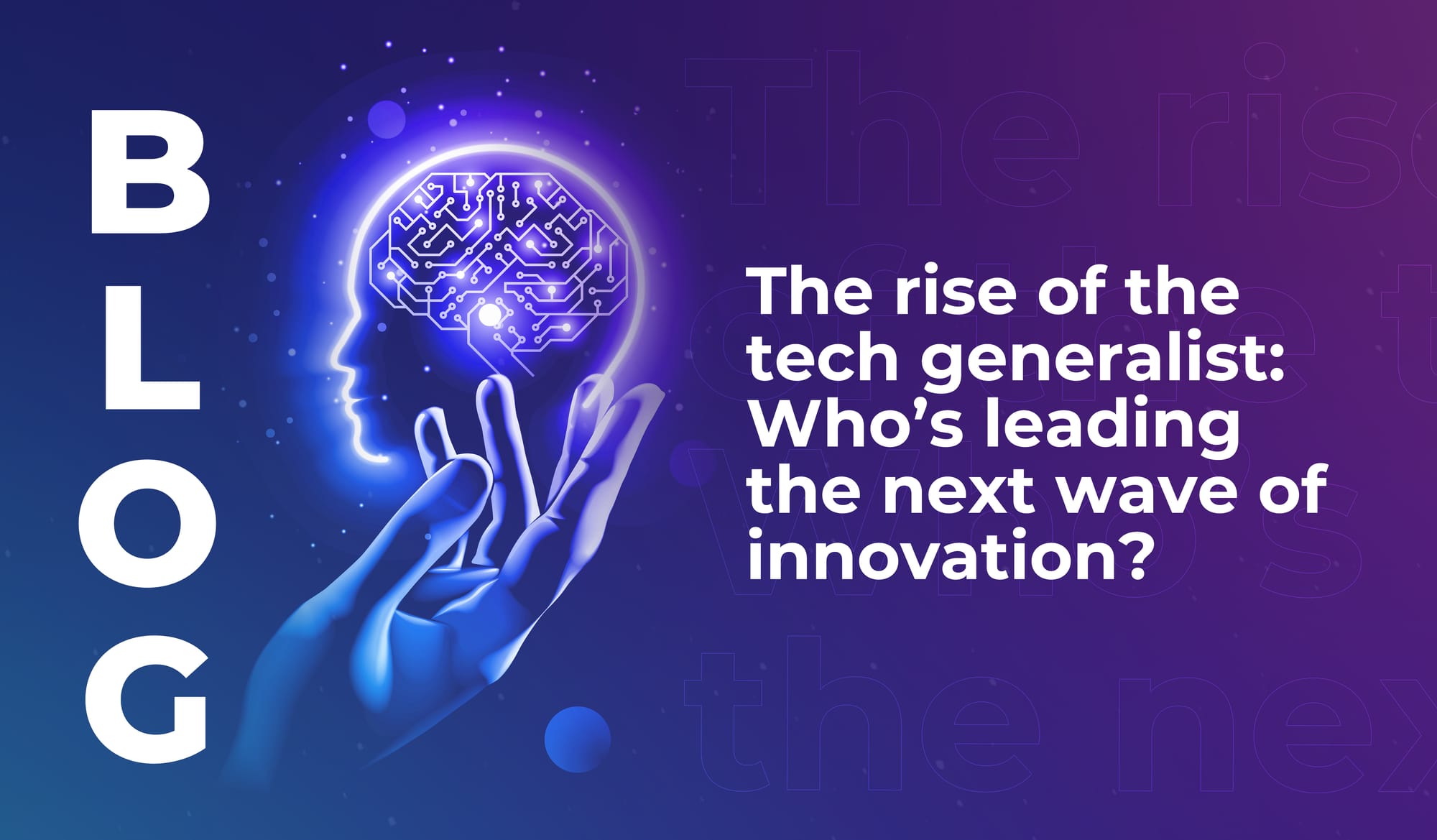
According to data from Next Move Strategy Consulting, the global autonomous vehicle market reached nearly 17,000 units in 2022. By 2030, it’s projected there will be 127,000 autonomous vehicles on the roads worldwide.
This week we interviewed LEAP 2024 speaker Helen Pan (General Manager at Baidu’s Apollo Open Platform), and she noted that we’re past the watershed now – autonomous vehicle development is accelerating, and so is consumer trust and adoption.
We asked how much work still needs to be done to increase consumer trust in the safety and usefulness of autonomous vehicles. Here’s what Pan told us.
Could you share your career journey so far, and any pivotal moments along the way?
“In 2014, I joined Google to work on ‘Moonshot’ projects. This led me to Google-X’s self-driving car program, now known as Waymo, where I became one of the pioneers of autonomous driving technology. In the summer of 2017, I joined Baidu’s autonomous driving Apollo open platform as a Director of Engineering heading the hardware development. I have since become the General Manager and Board Director of Apollo USA, bringing a rich history of innovation and strategic development to the role.
“My past skills and experiences in wireless and mm-wave technologies underpin my contributions to the advancements in autonomous vehicle systems. And I have a commitment of excellence and a forward-looking vision in the tech industry that has landed me here.
“From a young age, I wanted to build transformative solutions for the world’s pressing problems. I believe our work in Baidu’s Apollo autonomous driving open platform meaningfully steers us towards a future of safer roads and equitable access to transportation.”
“The Apollo Open Platform has always followed the core principles of ‘open capabilities, shared resources, accelerated innovation, and sustained win-win outcomes’. Innovation has been continuously advancing and evolving.
“So far, there are more than 750,000 lines of code and over 100,000 developers from more than 165 countries, with over 220 global ecosystem partners. Apollo also looks forward to working with more developers and partners to expand the boundaries of capabilities and explore more possibilities in autonomous driving technology and the industry.”
Have you seen any major breakthroughs in the autonomous driving space over the last year or so?
“Recently, large language models (LLM) have been popular. Applications like ChatGPT and Baidu's Ernie Bot are based on large language models, which reshape the world of information through the digitization and refinement of textual information.
“In the future, large models will also move towards multimodality, further reconstructing the physical world of humans. Autonomous driving is a typical application of vision-based large models in reconstructing the physical world. Large models will enable Baidu's autonomous driving capabilities to go beyond experiential systems and handle more complex scenarios intelligently and cover broader scenarios.”
In terms of tech acceptance, how much work is there still to do to ensure that vehicle users feel confident in the usefulness and safety of autonomous vehicles?
“In August, a think tank conducted research in multiple cities where autonomous vehicles are deployed, and over 80% of respondents expressed their desire for autonomous vehicles to expand to more venues. This shows that autonomous driving services can satisfy the users.
“Today's autonomous driving technology has crossed the watershed, and both Waymo and Baidu have entered the stage of fully driverless commercial operations. At this stage, in addition to technology, we are continuously expanding the scale of operation and reducing the cost. We need a sufficient number of vehicles to meet the constantly increasing demand of users. We will continue to expand the fleet size in the next two years.
“Cost is another important factor. Currently, the cost of Apollo’s fifth-generation autonomous driving vehicle is significantly lower than the industry average. We are still working hard to reduce costs further.”
And finally, why are events like LEAP valuable to you?
“LEAP is the premier platform bringing technologists in from around the global to discuss new ideas and new business opportunities. For Baidu Apollo, it is a great open platform to showcase our technology and accomplishments to potential customs in the Middle East, and extending to the MENA region, Europe, Asia, and the rest of the world. It is also a great platform to seek potential partners to collaborate in regions outside of China and North America.”
Thanks to Helen Pan and Apollo Open Platform. Register now for LEAP 2024 to stay ahead of the curve with new autonomous driving tech and research.








